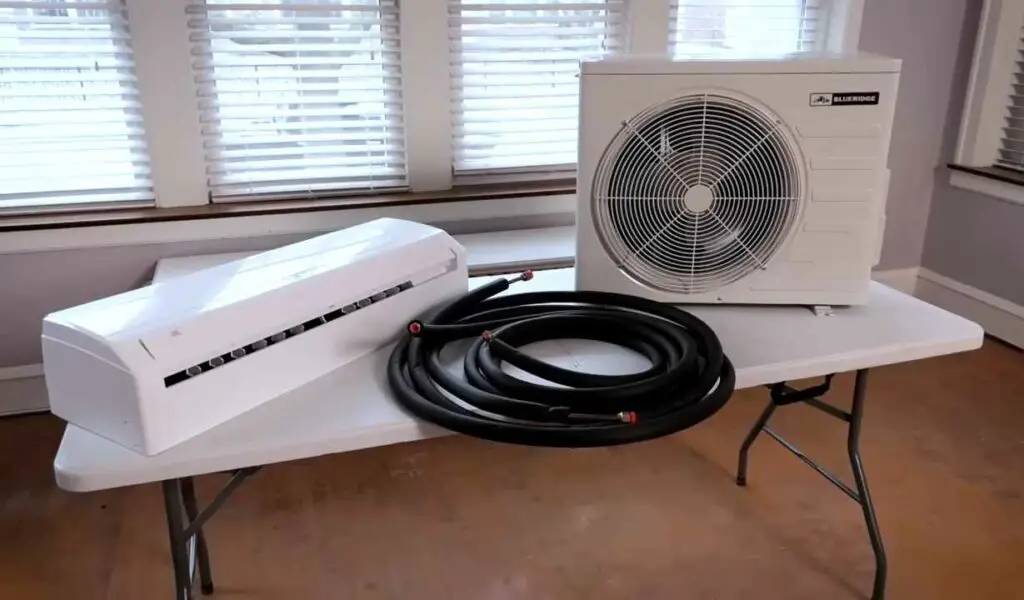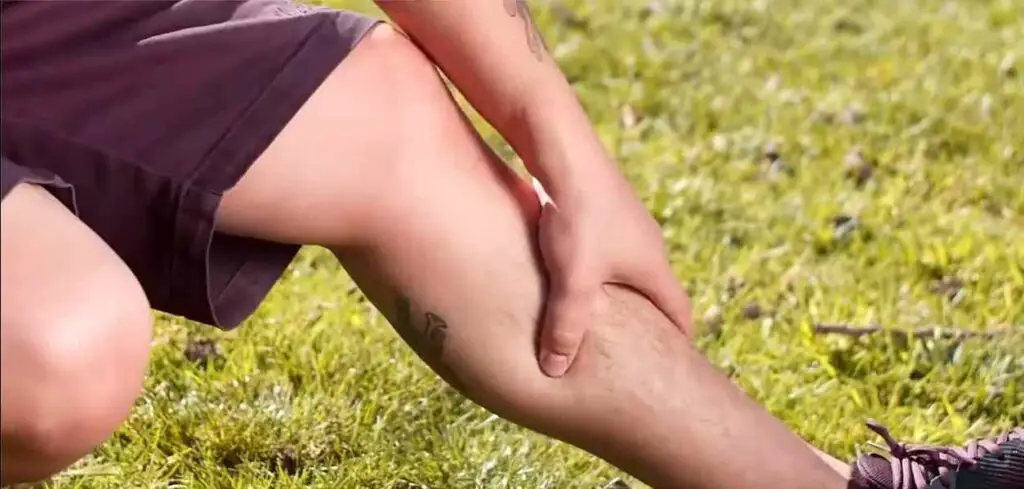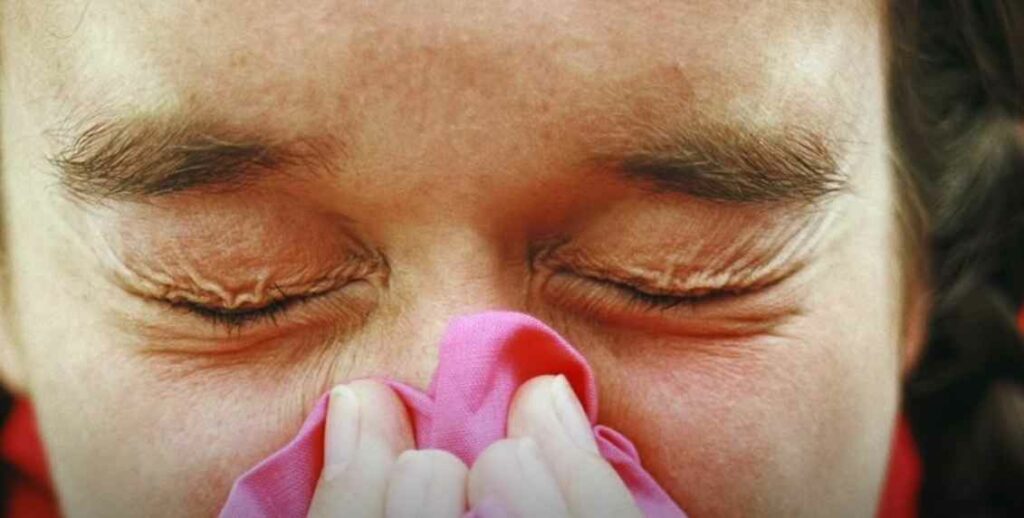If you’ve ever felt achy after spending time in the air conditioning, you’re not alone.
While it’s not exactly clear why this happens, there are a few theories floating around.
One is that the dry air caused by AC can lead to dehydration, which can in turn cause muscle pain.
Another possibility is that the cold temperature of the AC can cause muscles to tense up and ache.
Whatever the reason, there are a few things you can do to ease the pain.
First, make sure you’re drinking plenty of fluids (water is best) to stay hydrated.
You might also want to try using a humidifier in your home or office to add some moisture back into the air.
And lastly, if your muscles are really feeling sore, take a hot shower or bath to help loosen them up.

Does Staying in Ac Cause Body Pain?
There is no definitive answer to this question as everyone experiences pain differently.
Some people may find that staying in air conditioning causes their body pain, while others may not notice any difference.
It is possible that the change in temperature can contribute to muscle pain or stiffness, so if you do notice an increase in pain when staying in AC, it may be worth speaking to your doctor to rule out any other potential causes.
Can Cold Air Cause Muscle Stiffness?

When the temperature outside dips, many of us bundle up in an effort to stay warm.
But did you know that cold weather can also cause muscle stiffness?
That’s right – cold air can actually make your muscles feel tighter and more difficult to move.
So why does this happen? It all has to do with how our bodies react to the cold. When it’s chilly out, our blood vessels constrict in order to preserve heat.
This reduced blood flow can lead to inflammation and pain in our muscles.
In addition, the increased tension on our muscles caused by shivering can also contribute to stiffness.
If you feel a bit stiff when the temperature drops, you can do a few things to help ease the discomfort.
First, try taking a hot bath or shower – the warmth will help relax your muscles and improve circulation.
You can also massage any sore areas with a heating pad or topical cream.
And be sure to dress warmly when heading outdoors – layered clothing will help trap heat and keep your muscles from getting too tense.
So next time you start feeling stiff when the mercury plummets, don’t reach for a cup of coffee – try these tips instead!
How Do You Know If Ac is Making You Sick?

If you suspect that your air conditioner is making you sick, there are a few things to look for.
Symptoms of illness caused by exposure to mold or other allergens can include coughing, sneezing, watery eyes, difficulty breathing, and rashes.
If you experience any of these symptoms after being in a room with the AC on, it’s important to see a doctor as soon as possible.
In some cases, sickness caused by exposure to contaminated air can be serious or even life-threatening.
There are a few ways to test whether or not your AC is making you sick. One way is to have an inspector check the unit for mold growth.
Another way is to take an air sample from inside the room where the AC is located and send it to a lab for testing.
If either of these tests comes back positive for mold or other allergens, it’s important to take action immediately to clean the unit and improve the quality of the air in your home.
If you think your AC might be making you sick but aren’t sure how to test it, contact a professional HVAC company for help.
They will be able to inspect your unit and give you advice on what steps to take next.
Does Ac Cause Leg Pain
There are many potential causes of leg pain, and it can be difficult to determine the exact cause without a thorough evaluation by a healthcare professional.
However, some people do report that their leg pain is worsened by consuming acai berries or taking supplements that contain acai extract.
While there is no definitive evidence that acai causes leg pain, it is possible that the chemicals in acai berries may interact with other medications or underlying health conditions to worsen leg pain.
If you are experiencing leg pain and think that it may be related to consuming acai berries or taking supplements containing acai extract, be sure to discuss this with your healthcare provider.